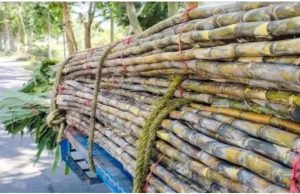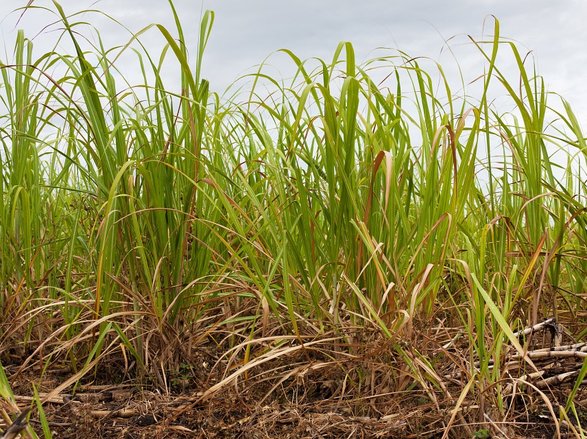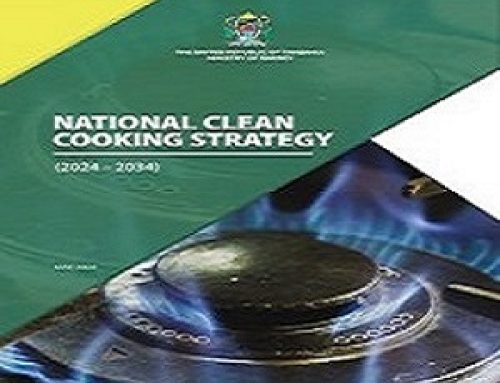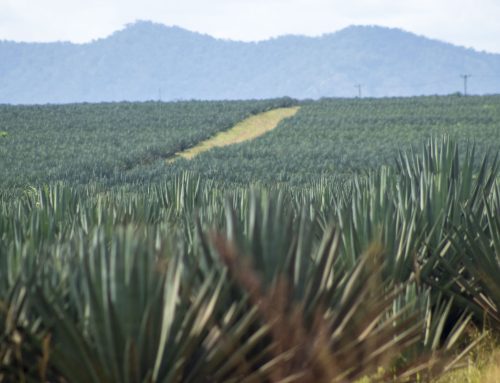Bioethanol is a type of biofuel that is produced through the fermentation of sugars derived from organic materials such as corn, sugarcane, or other biomass. It is considered a renewable and environmentally friendly alternative to traditional fossil fuels. In Tanzania, where access to clean cooking fuels is limited in many rural areas, bioethanol has the potential to provide a sustainable solution for cooking needs while reducing reliance on traditional fuels like charcoal and firewood.
From the literature review it became apparent that there was a limited amount of information available concerning biofuel development in Tanzania. Moreover, most of the scientific information regarding biofuel development referred to potential, energy planning and future predictions or compares Tanzania with other African countries. Generally, the information available is at present over a decade old. (Martin et al., 2009).
Biofuels can directly contribute to access to modern energy, enhance energy security and promote sustainable development in any country if produced responsibly (Dellomonaco et al., 2010). In fact, biofuels have become a major business and a new commercial venture (UNEP, 2009). Tanzania, like many other countries of the world, has experienced a dramatic increase in biofuel investment in recent years in particular bioethanol and biodiesel (Sulle & Nelson,2009a). Evidence suggests that biofuel industry is viable in Tanzania by virtue of available land capable of supporting sufficiently high-energy crop yields (FAO,2007; WWF-Tanzania, 2009). However, the emerging biofuels industry is not well fully understood by many stakeholders and the concept of energy crops is relatively new in Tanzania (Kamanga, 2008; Martin et al., 2009). Nevertheless, both the Tanzanian and foreign governments/companies are promoting biofuel investments (Kamanga, 2008). For example, in order to quickly proceed with the introduction of biofuels.
Tanzanian Government has taken an immediate action to enter the learning-by-doing process-and not wait formulation of national biofuels policy to guide biofuel industry development (Kamanga 2008; Martin et al.,2009; Sulle, 2009a; Sulle & Nelson, 2009a). However, it has been recently cautioned that production of biofuels should focus on feedstocks that (i) do not compete with food crops, (ii) do not lead to land-clearing, and (iii) offer real greenhouse-gas reductions (Tilman et al.,2009). Although biofuel developments in Tanzania are still in an infancy stage some initiatives exist for both local and international investors in producing both bioethanol and biodiesel.
Biogas is one of the micro scale biofuel activities widespread in Tanzania, aimed to provide fuel for clean burning cooking stoves. At present there are roughly 1000 biogas plants being installed throughout the country. Liquid biofuels may also play an important in cooking applications.
Biofuels sector is increasingly becoming an important sector in national and international economic development. It is expected that the growing impetus for biofuels is likely to instigate changes to the existing national development frameworks to incorporate biofuels strategies. The underlying problem on biofuels around the world is not with the type of biofuel crop or type of biofuel or good or bad biofuel but with the policy framework around biofuels production and use,(Christian Aid, 2009). In fact, sound biofuel policies involve a convergence between policies to protect ecosystems and reduce greenhouse gases and policies to support food security and agricultural income.
Biofuel development is sought through available and potential avenues, and agriculture becomes the most practical system of production. This is because biofuel have already been identified from crops, which some will have to satisfy both food and energy needs (Dellomonaco et al., 2010). It is well established that biofuel production cost is currently higher than that of the fossil fuels.(Mshandete,et al 2011)







Leave A Comment